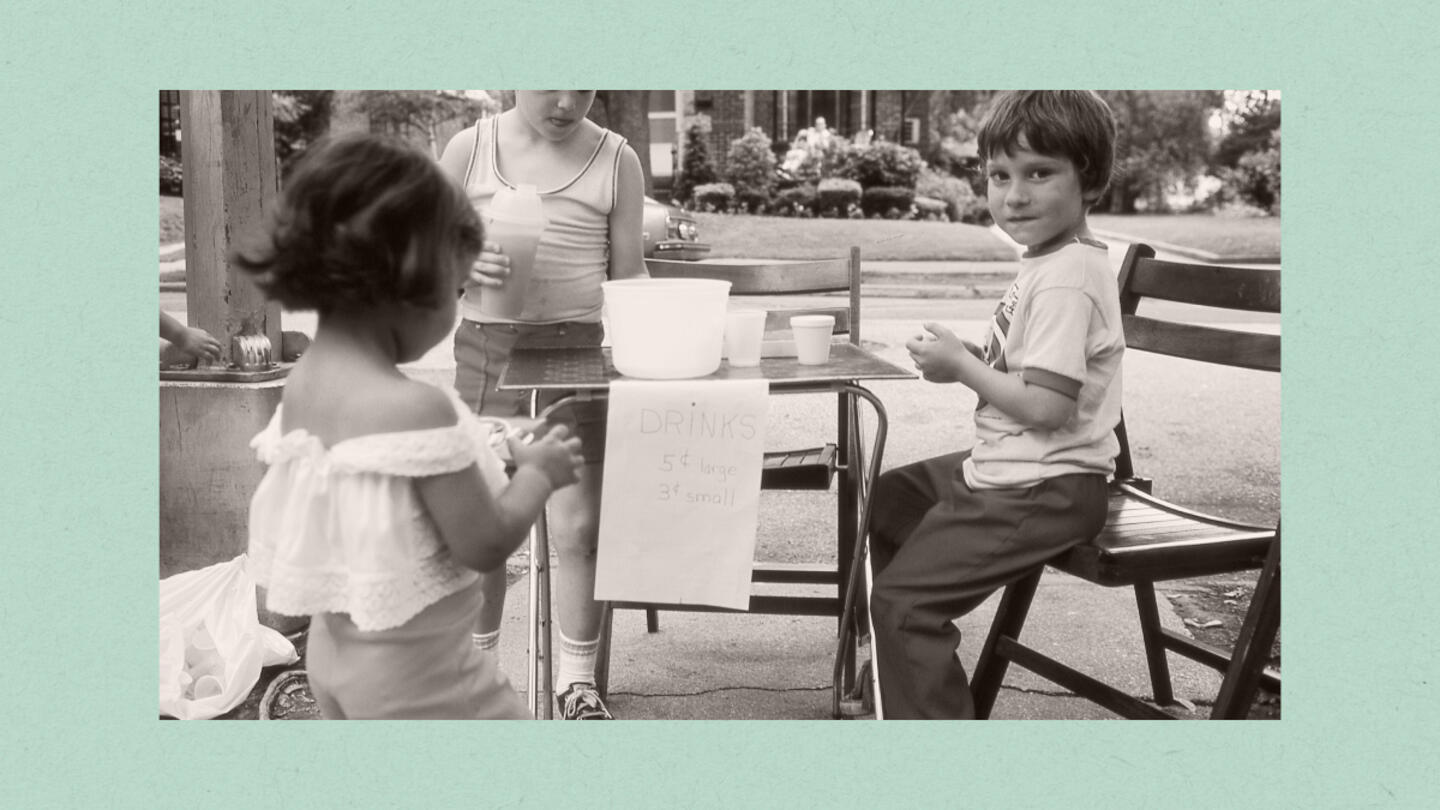Eighteen years ago, an 8-year-old girl in Houston started a lemonade stand to raise money to buy a pet turtle. Her idea inspired a national organization that would put the American Dream within reach for other youth.
When Lemonade Day founder Michael Holthouse’s daughter, Lissa, asked for money for a new pet, he told her what many parents advise their children: Earn it yourself. Naturally, she did what many enterprising young kids do — and started a lemonade stand.
When she returned with her earnings, Holthouse reminded her that she had to pay him back for the money he had lent her to buy supplies, which surprised her. He also asked her questions about how she had designed her small business, none of which she could answer — including how she was attracting customers, why she had chosen her stand’s specific location, and the tallies for her overhead costs and profits.
Holthouse recognized a huge opportunity for his daughter and her peers to learn real-life skills by running their own small businesses.
He started Lemonade Day to teach youth financial literacy, character development, problem-solving skills, social-emotional learning, and community engagement — all packaged in the classic, simple business model of running a lemonade stand.
Kids do much more than just sell lemonade. They also work with mentors to practice creating business plans, understanding their consumers, health and sanitation practices, branding and marketing, working with collaborators, and many other essential facets of running a business.
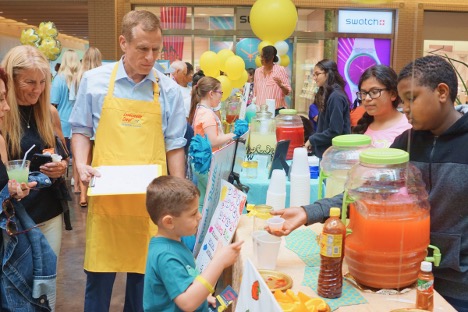
By collaborating with local youth organizations through a community partnership model, Lemonade Day has grown beyond fostering real-world skills and entrepreneurship. It’s now a powerful platform for children to create positive change for themselves and their communities.
In doing so, Lemonade Day is taking a classic symbol of young Americans who pursue prosperity through their own skills — a lemonade stand — and using it to spread access to the American Dream. By guiding America’s youth to exercise opportunity, initiative, and innovation, Lemonade Day is helping them pursue lives of greater autonomy and fulfillment in a way that benefits them and their communities.
“These kids are natural-born leaders and builders,” said Nicole Cassier-Mason, Lemonade Day’s CEO. “If we can get them when that fire and that talent is just so bright at a young age and set them on the right path, they can realize their own version of the American Dream.”
Building a better life — and community — starts young
What started in Houston, Texas, with 2,700 youngsters nearly two decades ago has grown into a global organization affecting 97 communities in the United States and Canada and serving over 1.5 million youth. Besides the classic Lemonade Day model, in which youth start profitable lemonade stands under the guidance of mentors and in partnership with local businesses, the My Lemonade Day app also allows people to learn about the core curriculum on their own time. Kids typically spend around three years working with Lemonade Day.
The benefits are profound: 86% of participating kids report higher self-esteem, a better understanding of philanthropy, improved financial goal-setting, and stronger communication skills.
Lemonade Day’s model weaves together education, economic empowerment, character development, financial literacy, and business skills. Its programs engage local government, educators, faith organizations, and small businesses in guiding youth through the process of owning and operating their first business. This support includes mentoring young entrepreneurs and partnering with them to elevate their lemonade stands — for example, by allowing them to operate and fundraise at local business storefronts.
“It’s beautiful because it speaks to a holistic approach, how entrepreneurship correlates to becoming a thriving human being,” said Cassier-Mason.
Sign up for Stand Together's K-12 newsletter and get stories, ideas, and advice from changemakers who are transforming education across the country.
That goal is timely. Right now, only 36% of Americans believe the American Dream is still achievable, and around 54% of K-12 students report feeling disengaged from school by the 12th grade. According to Lemonade Day’s research, only 50% of students see how school relates to the real world.
Organizations like Lemonade Day are uniquely positioned to intervene while children are still young, providing guidance and support to develop the building blocks of a purpose-driven life.
“We are able to take the quintessential example of the American Dream, which is the classic lemonade stand, and use it as a vehicle to empower kids and foster those critical life skills that they need to navigate all aspects of life,” said Cassier-Mason.
“Our North Star isn’t just to create a bunch of business owners — although we love that because, of course, [so much] of our economy is driven by small businesses. But at the end of the day, it’s really about inspiring a growth mindset in children so they can be more productive citizens that are part of their community.”
For many kids, participating in programs like Lemonade Day may increase their confidence, but they won’t be the only ones who reap the benefits. According to the Goldwater Institute, just a 1% increase in the rate of entrepreneurship nationwide can lead to a 2% decrease in poverty, largely because small businesses provide over half of new jobs in the U.S. economy.
Encouraging youth to discover and apply their individual talents can lead to more entrepreneurs who have tapped into how best to work in their own communities.
“It’s those durable life skills, and having an experience [in which] a child can be a part of their community, engage with their neighbors, learn about problem-solving and communication skills and shaking hands and selling something they’re passionate about,” said Cassier-Mason. “That really unlocks their potential and helps them be the CEO of their own life.”
Around 54% of K-12 students report feeling disengaged from school by the 12th grade.
What happens when we trust children to direct their own paths
Lemonade Day’s programming offers freedom and decision-making to children who often lack autonomy. Many spend their formative years sitting at a desk, taking orders from adults and following schedules someone else sets. Lemonade Day shows what happens when we enable children to explore and exercise creativity, with valuable takeaways for both educators and community leaders.
“Our education system is not appropriately equipped to empower kids and teach critical life lessons because so much of what our education system is about is teaching to standardized tests,” Cassier-Mason said.
“Teachers don’t have the freedom and the luxury to teach things that aren’t being tested. That’s why we have almost 50% of kids graduating from high school in America without any earthly idea how to apply their learning to the real world. That’s the biggest reason that drives our mission and why we hyper-focus on kindergarten to eighth grade — to give kids autonomy.”
This is especially important during the critical age range that Lemonade Day targets. This is when children develop a foundation of social skills, self-awareness, and confidence that can affect their worldview and self-image for the rest of their lives.
“If a child doesn’t have the ability to realize their own aptitudes, their own skills, and abilities, if they don’t have experiences that unlock that, how are they equipped with the know-how, the hustle, the mindset, the ability to work hard and persevere through challenges?” asked Cassier-Mason.
“And to realize you can’t grow without failure. That’s a necessary step. That’s why those hands-on experiences where they can learn what they’re passionate about in a very low-risk environment [are critical].”
It’s making a huge difference in the lives of children like Kyrei, who, at just 7 years old, was cripplingly shy and had already suffered a stroke and brain aneurysm by the age of 2.
“When you would engage with her, her head would be down, shuffling her feet; she couldn’t look you in the eye, couldn’t answer a question without looking at her mom first,” said Cassier-Mason.
After attending a Lemonade Day workshop, Kyrei “fell in love with the process of creating her own drink, which was just the tip of the iceberg,” recalled Cassier-Mason. Using the Lemonade Day app, Kyrei’s mother learned to act as her mentor. The young girl set out to learn about health and sanitation, customer service, designing a marketing plan, pitching a business plan to secure investments, and selling her first drink.
Now 9 years old, Kyrei “has built up her confidence and found her inner voice, all by way of interacting with her customers, handling transactions, gaining communication skills, and expanding her business,” said Cassier-Mason. “Lemonade Day inspired her out of her shell.”
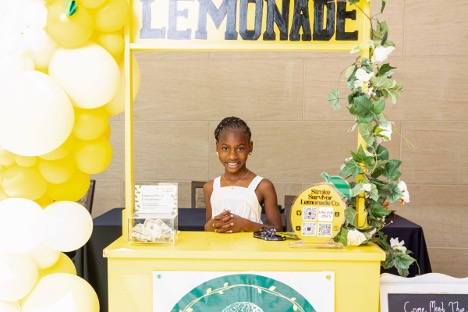
And Kyrei isn’t the only one benefiting from her entrepreneurship. Inspired by Lemonade Day to use her skills to help her community, she has donated much of her $10,000 in net profits back to the children’s hospital that saved her life as an infant.
Lemonade Day empowers youth to develop a lifelong mindset of using their talents and skills to contribute meaningfully to their communities.
“We’re able to not just have the stand be a seed to a child’s life but the fact that we’re able to mobilize volunteers, businesses, schools, churches, youth organizations to champion youth entrepreneurship, where we can rally communities behind every lemonade stand, that really creates future success in civic engagement,” said Cassier-Mason.
“Encouraging kids to get out in the community and engage with their neighbors and build rapport and engagement is so vital. The nutrients that are needed to really create a thriving and fulfilling life, so much of that is around relationships with your community and relationships with your peers.”
It helps youth flourish and bring their peers and community members along with them.
“Thriving people are the heart of a thriving community,” said Cassier-Mason. “While government often takes a top-down approach, it’s the voices within the community that truly understand what’s best for their own needs. By integrating youth entrepreneurship into the vital pillars of the community, we can inspire collective action and unleash its transformative capacity to empower the next generation.”
Lemonade Day is supported by Stand Together Foundation, which empowers individuals to reach their full potential through community-driven change.
Learn more about Stand Together’s efforts to build strong and safe communities and explore ways you can partner with us.
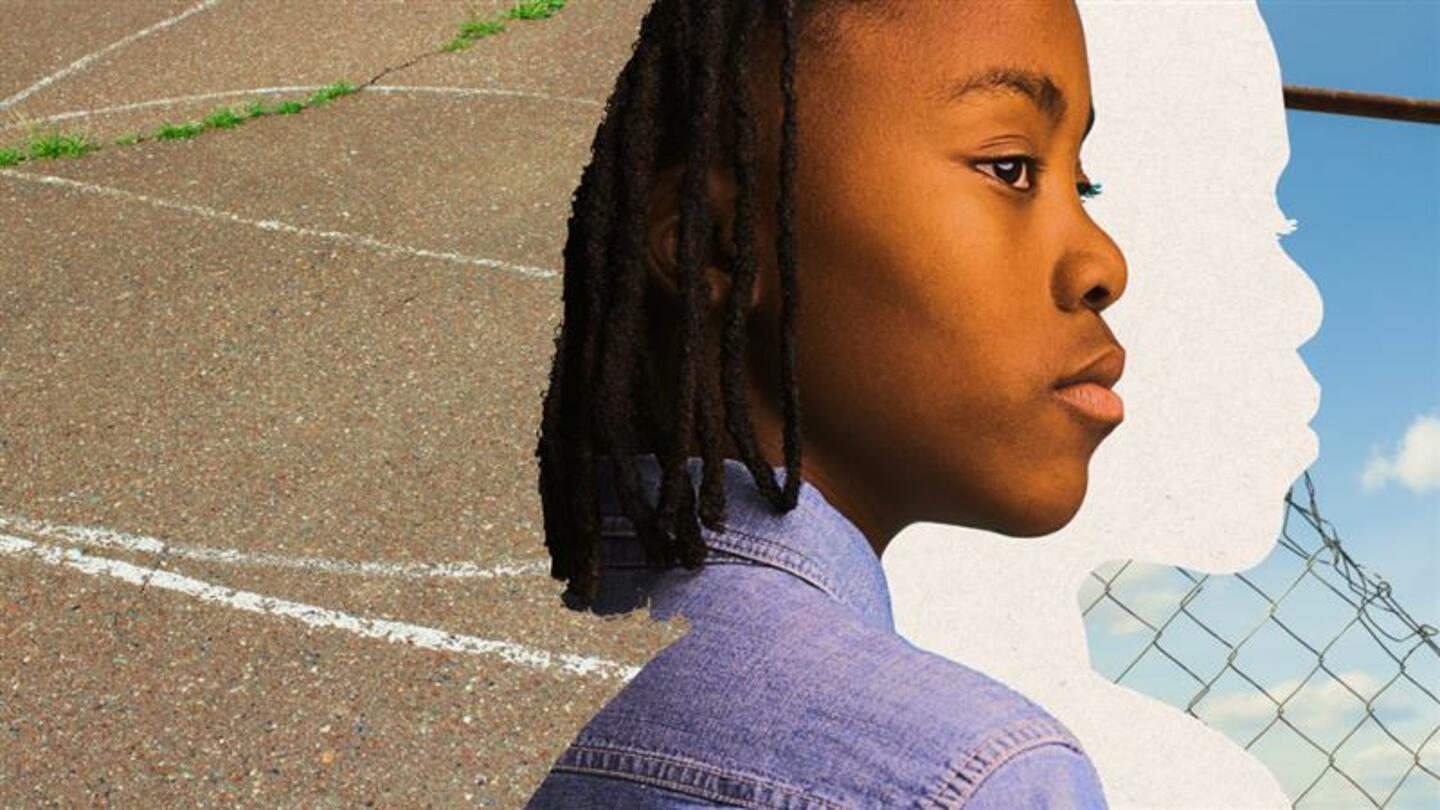
‘We want these boys to know that regardless of where they come from, they still can be excellent.’
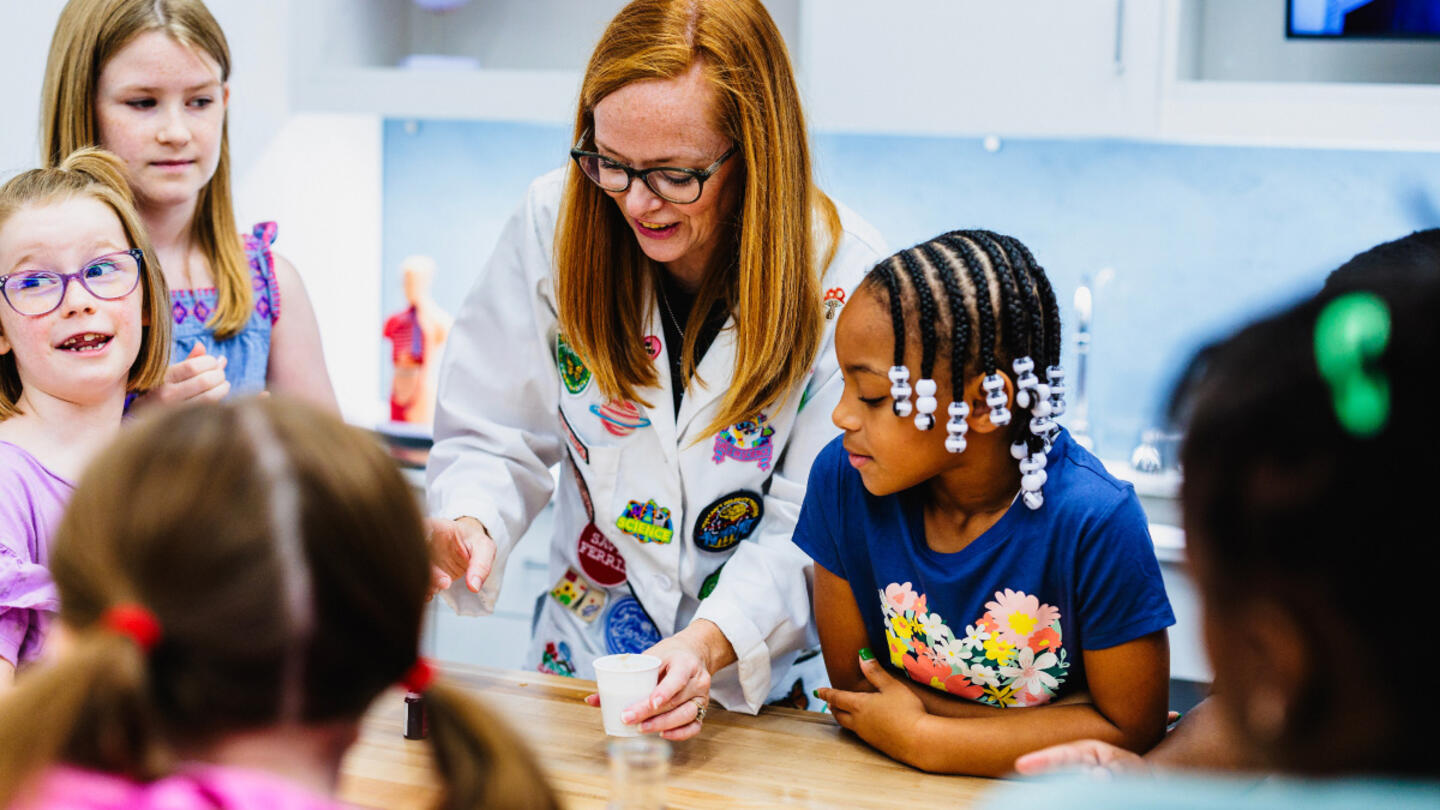
This colearning space has the potential to bridge the divide between public and private education.
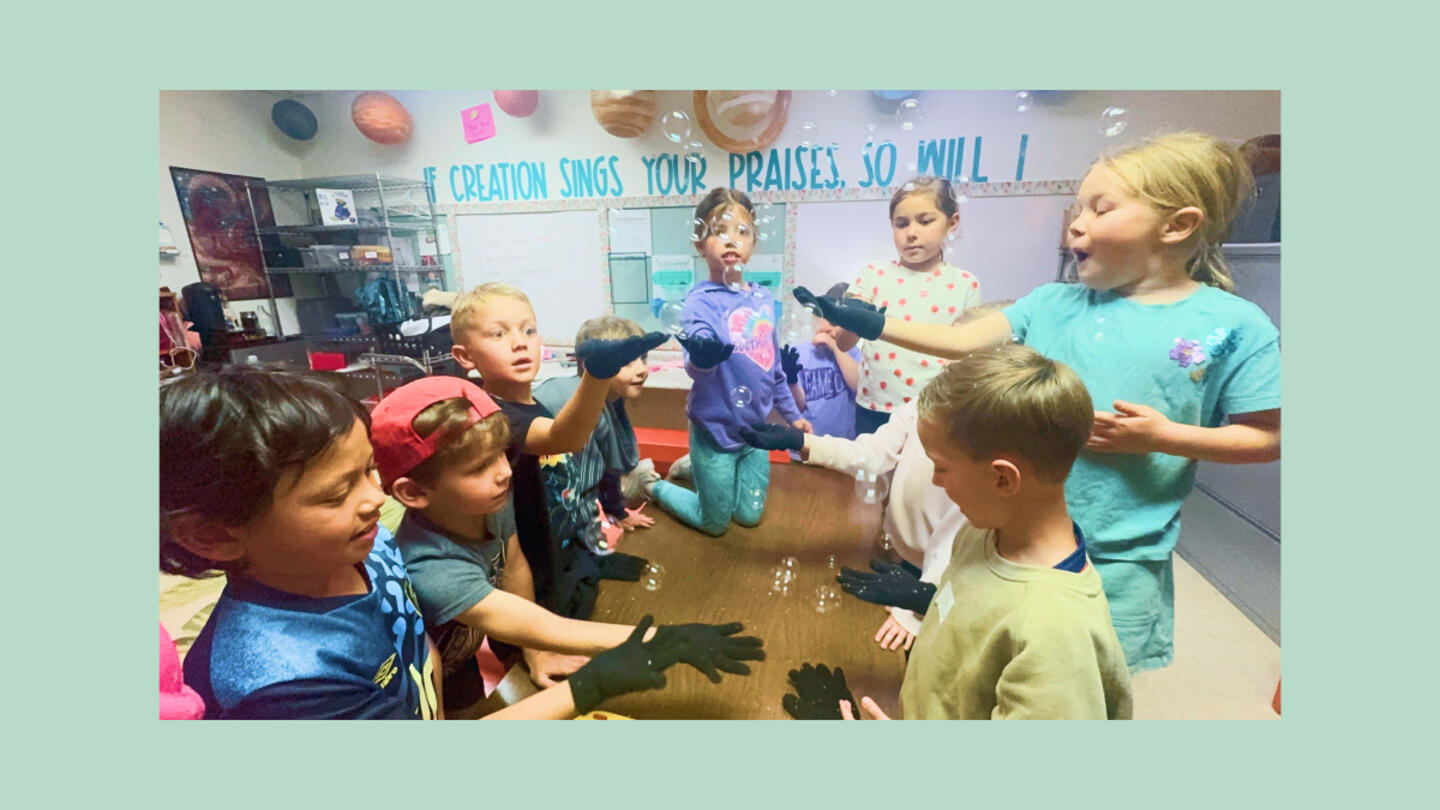
New Johns Hopkins data shows homeschooling’s recent surge has transformed the education landscape.
Step 1: Find the best learning environment for your child. Step 2? Figure out how to pay for it.
